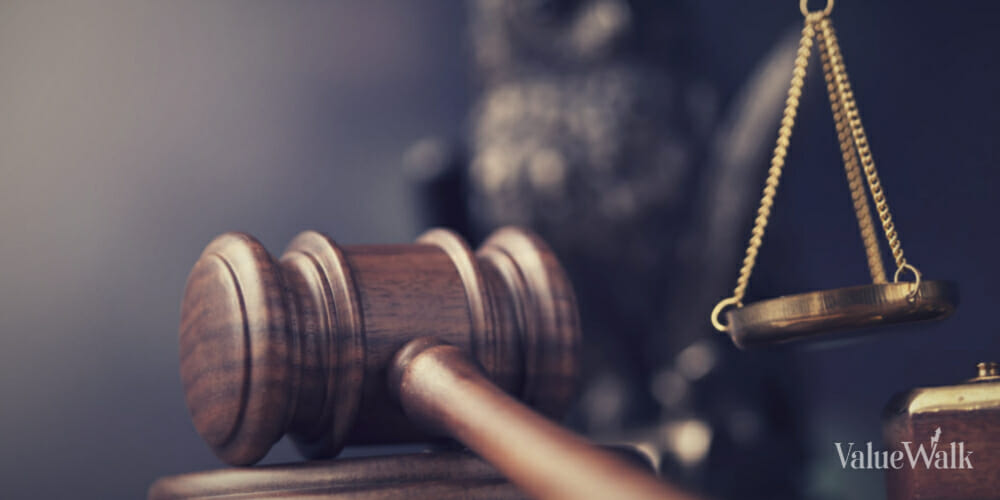Hunter Should Follow Agnew Precedent, Says Winning Lawyer; Full Statement of Wrongdoings In Open Court as a Condition of Plea
WASHINGTON, D.C. (June 21, 2023) – The plea deal under which Hunter Biden will avoid any jail time has been sharply criticized by Republicans and others, but it becomes final and effective only if and when approved by a federal judge as being in the public interest.
This means that Republican members of Congress, who continue to insist that there is powerful evidence (including bank documents) which show that Hunter committed much more serious crimes than tax evasion, have an opportunity to prevent – or to at least substantially delay – any such judicial approval by appearing at the scheduled court hearing on the plea, says public interest law professor John Banzhaf.
Hunter Biden Should Follow The Agnew Precedent
At the very least, those who want to end public suspicion that Hunter is being permitted to skate on much more serious charges of criminal wrongdoing – including possible involvement in payoffs to his father – should insist that the judge follow the Agnew precedent, and require Hunter to have a full and complete statement of all wrongdoings made in open court as former vice president Spiro Agnew was required to do when he received a similar “sweetheart” plea deal, argues Banzhaf.
Attorney Banzhaf was involved in the criminal proceeding against Agnew, and later successfully used legal action to force the former vice president to disgorge all of the money he received illegally in bribes.
Suspicion that Hunter is being granted a sweetheart deal only because of his connections – law professor Jonathan Turley said it looks “like you ticketed the getaway driver after a bank robbery” – will only increase if there is no public disclosure of what many years of investigation by the FBI and DoJ has uncovered, and the claims of Hunter’s rampant wrongdoing by many responsible members of Congress are not addressed one way or the other, says Banzhaf.
Agnew was permitted to escape any jail time only by agreeing to a lengthy statement in court of all of his wrongdoings, says Banzhaf, and the case for requiring at least as much from Hunter is very strong for several reasons:
- Agnew had considerable leverage and bargaining power because Nixon very badly wanted him out of office, and his resignation was the only way to accomplish this goal – but even so the statement was required. Hunter has no such leverage, so he cannot request a quid pro quo to avoid any jail time with no recounting of his wrongdoing as Agnew forced to put up with.
- Agnew had a serious legal argument that he could not even be indicted, much less tried, while he was occupying the office of Vice President. Since Hunter can make no such claim of immunity, he has less bargaining power, and the prosecutor is in a stronger position to demand a statement as a condition of the plea deal. If he does not, it falls to the judge to follow the Agnew precedent.
- Agnew was accused of illegally receiving only paltry sums of money and not paying taxes. Several members of Congress claim that there are bank documents showing that Hunter – and perhaps also other members of his family – received many millions of dollars. Thus any argument that his wrongdoing should remain secret is weaker than Agnew’s failed argument.
Judges have a duty to insure than any plea deal is in the public interest. Here, to many Republicans and even to impartial observers, it appears that Hunter is being let off with a mere slap on the wrist when he had committed far more serious crimes than he is being permitted to plea to.
Especially since there appears to be strong evidence – in the form of bank statements, emails, and other documents – that such additional criminal wrongdoings were committed, it would not be in the public interest to accept a plea at this time.
Or, at the very least, Republicans and others with information and interest in this proceeding should urge the judge to follow the Agnew precedent, says Banzhaf.




